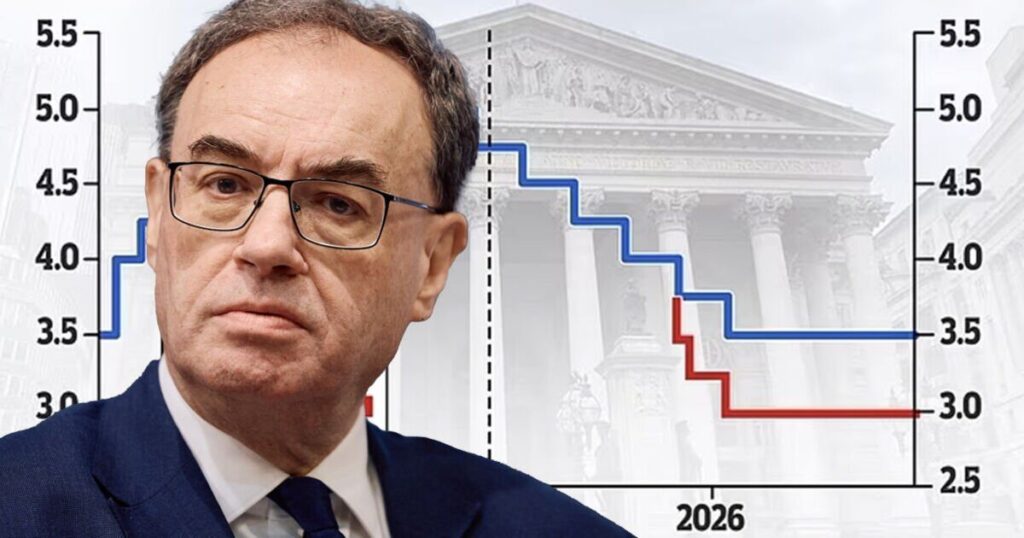
A rate cut helps ease financial burdens on households by lowering borrowing costs.
For those with variable-rate mortgages or loans, you might see a decrease in monthly payments. However, it may also lead to lower returns on savings accounts.
To help secure better returns for longer, it might be worth exploring fixed rate savings accounts ahead of any potential future cuts. These accounts allow you to lock in the interest rate at the time of opening for a set period of time.
For those still struggling with high-interest debt, there are things you can do now to cut costs. John Webb, consumer expert at Experian, said: “Given this potential [base rate] change, it’s helpful to understand how you can manage your finances more effectively. Experian data reveals that British households are paying over £1,300 a year in unnecessary interest payments.
“If you have a credit card with interest, you could save an average of £1,391.69 annually by switching to a balance transfer card. It’s a good idea to regularly review your borrowing and take advantage of eligibility checks to see if you can lower the cost of your existing debt.
“If you’re struggling with the cost of debt, or worried you’ll miss repayments and damage your credit score, then it’s the right time to speak to a free debt advice service like National Debtline or Christians Against Poverty.
“They can provide valuable guidance and assistance tailored to your situation, helping you navigate these changes and get you back on top of your finances.”
 Latest World Breaking News Online News Portal
Latest World Breaking News Online News Portal






